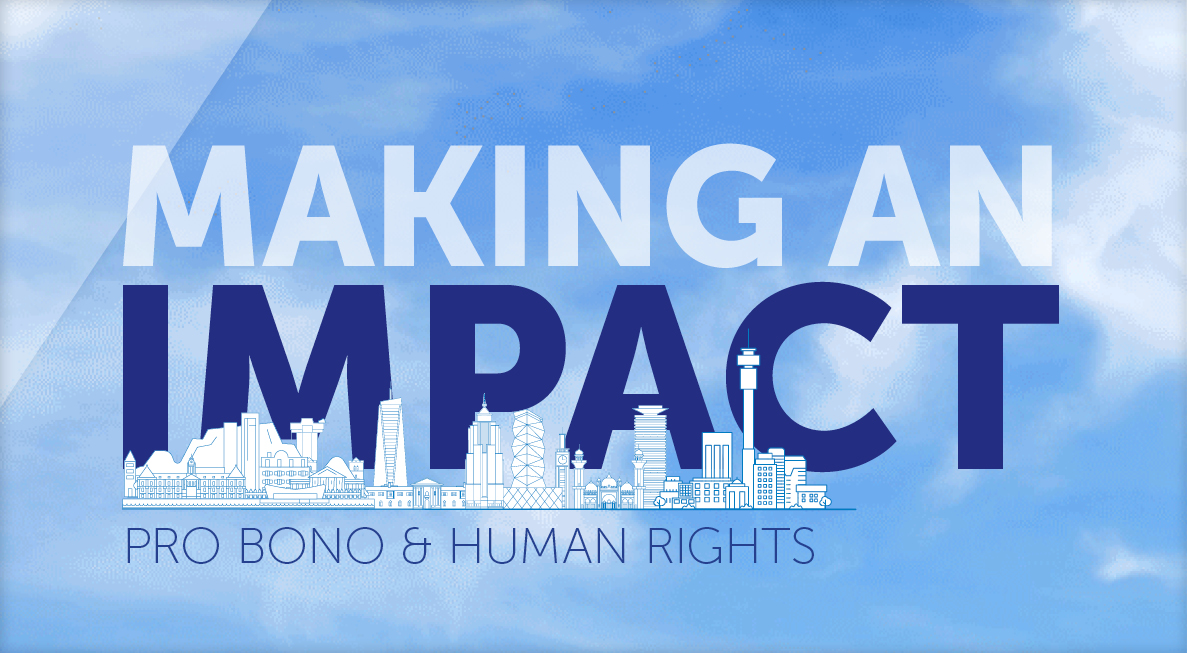To speak or not to speak – just how frank dare you be?
The complexity of the debate is highlighted by the fact that three different judgments were delivered.
The application was pursued by the HSF against the background of a decision taken by the JSC, during October 2012, to recommend to the President the appointment of certain candidates as judges to the Western Cape Division of the High Court (and not to appoint others). The HSF approached the High Court seeking to have that decision reviewed and set aside, on the grounds that the decision was unlawful and irrational. In the normal course, the JSC was required to file the record of the proceedings sought to be set aside. The filed record did not include any transcripts or other contemporaneous record of the JSC’s private deliberations. The HSF, however, became aware that the JSC routinely recorded its deliberations, and that the deliberations in question had in fact been recorded. It accordingly requested the JSC to file a recording of the deliberations, on the basis that the recording formed part of the record to be produced for purposes of the review proceedings. The JSC declined, and the HSF launched an interlocutory application, aimed at compelling the JSC to file the recording of the deliberations. That interlocutory application ultimately found its way to the Constitutional Court, where argument was heard during August 2017 (and judgment was delivered on 24 April 2018).
The JSC (opposing the application) submitted that there were good reasons for the confidentiality of its deliberations. These included the promotion of the rigour and candour of deliberations; the encouragement of future applications; the protection of the dignity and privacy of candidates; and the fact that an obligation to disclose those confidential discussions might have the unintended consequence of discouraging the JSC from recording its deliberations in the future!
One of the dissenting judgments was delivered by Kollapen AJ. In motivating the need to decline disclosure of the confidential deliberations, the learned judge stated the following:
Openness is also double-sided. It is imperative that what is constitutionally necessary is seen and heard. However, in order to ventilate what must be seen and heard and to preserve certain core constitutional values, there also has to be an environment in which open and uncensored debate flourishes. In some instances, confidentiality is necessary to ensure such an environment exists, so that what must be shown and said is brought into the light, to factor into constitutionally necessary debates.
Kollapen AJ went on to emphasise that the confidentiality of the deliberative process must be a significant factor in the freedom to express views, have them critiqued and change them, if need be. He went on to state that:
I cannot imagine that any claim to absolute openness in that setting can have, as its consequence, qualitatively better adjudication. On the contrary, the loss of confidentiality may have a chilling effect on the ability to speak and debate openly…
There must be a substantial risk that the loss of confidentiality in the deliberative process may result in deliberations that are not open, frank or robust, but rather a carefully choreographed dialogue that is heavily influenced by the knowledge that every part of it is part of a disclosable record.
The majority judgment, however, followed a different line of thinking and, on the premise that the deliberations are relevant to the decisions ultimately reached, determined that it was appropriate that any record of those deliberations should not be excluded from the record to be produced for purposes of review.
What cannot be ignored, however, is the fact that the JSC itself persisted with the view, throughout, that the confidentiality of its deliberations promoted effective judicial selection, by ensuring the candour and robustness of future deliberations. Plainly, the members themselves fear, from their own actual experience in the process, that the confidentiality of the engagements between the members of the JSC is essential, if honest and robust debate is to be preserved. That being the case, it seems overwhelmingly likely that the JSC will, henceforth, discontinue its practice of recording its deliberations.
It remains to be seen whether the majority decision in this matter might result in other (perhaps unintended) consequences. Might board members of public companies, or members of committees tasked with responsibility for sensitive but important decisions, now resist participation in debate under circumstances where their meetings are being recorded (for purposes of facilitating the accurate preparation of minutes)? Might members of such boards or committees now resist the practice of permitting that their discussions be recorded? Time will tell!
The information and material published on this website is provided for general purposes only and does not constitute legal advice. We make every effort to ensure that the content is updated regularly and to offer the most current and accurate information. Please consult one of our lawyers on any specific legal problem or matter. We accept no responsibility for any loss or damage, whether direct or consequential, which may arise from reliance on the information contained in these pages. Please refer to our full terms and conditions. Copyright © 2026 Cliffe Dekker Hofmeyr. All rights reserved. For permission to reproduce an article or publication, please contact us cliffedekkerhofmeyr@cdhlegal.com.
Subscribe
We support our clients’ strategic and operational needs by offering innovative, integrated and high quality thought leadership. To stay up to date on the latest legal developments that may potentially impact your business, subscribe to our alerts, seminar and webinar invitations.
Subscribe




